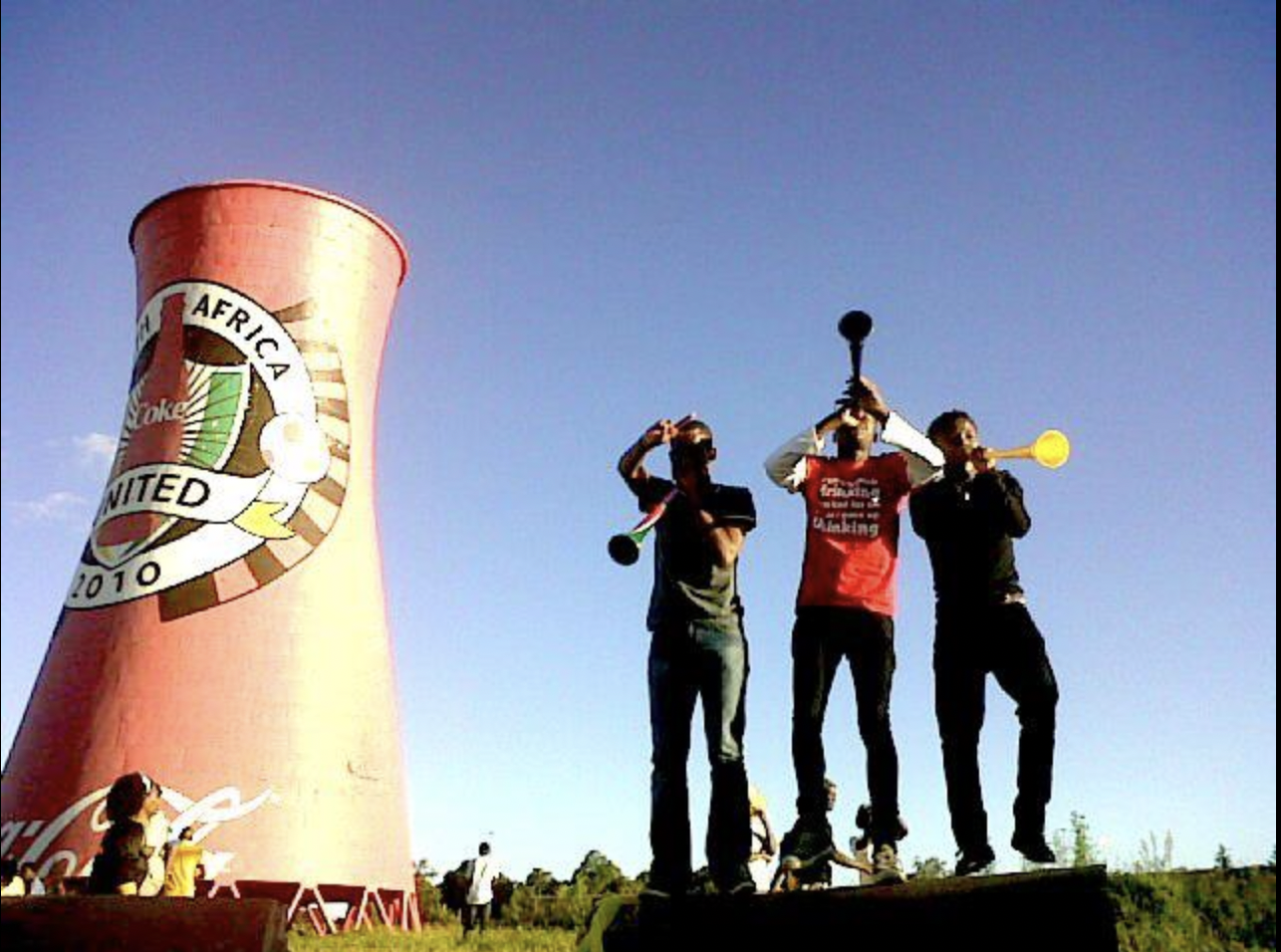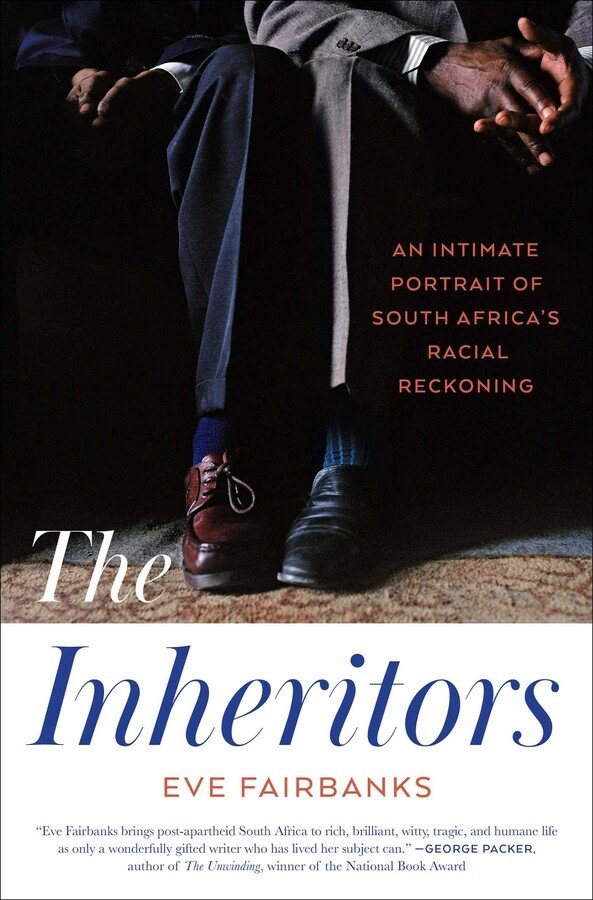The Inheritors
Theologian Lucila Crena and photojournalist Eve Fairbanks discuss her debut book, an intimate portrait of South Africa's racial reckoning
Soccer fans celebrate in Soweto during the World Cup, South Africa, 2010. Photo: Eve Fairbanks
Theologian Lucila Crena talks to photojournalist Eve Fairbanks, who has lived in Johannesburg, South Africa for thirteen years. Her debut book The Inheritors: An Intimate Portrait of South Africa's Racial Reckoning (Simon and Schuster, 2022) “weaves together the stories of three ordinary South Africans over five tumultuous decades in a sweeping and exquisite look at what really happens when a country resolves to end white supremacy.” As Fairbanks points out, there was a time when the Apartheid system of segregation in South Africa seemed like an "eternal Gordian Knot, like a hopeless bind"—that is, "until 1994, when, suddenly, you had, in one day, [a] parliament change from being 100 percent white to being 80 percent people of color...literally overnight."
Photos by Eve Fairbanks—click to read captions.
The Inheritors won the 2023 PEN/John Kenneth Galbraith Award for Nonfiction, which honors distinguished books of general nonfiction published, possessing notable literary merit and critical perspective that illuminates important contemporary issues. From the judges’ citation:
“The Inheritors by Eve Fairbanks is an intimate exploration of life after apartheid that looks beyond the broader issues of politics and economics and into the complex inner lives of ordinary South Africans, three in particular. Dipuo is a firebrand anti-apartheid activist, her daughter Malaika is a schoolgirl who loves Danielle Steele novels, and Christo is a White former soldier for the apartheid regime. In a feat of reporting that spans 12 years, Fairbanks follows their fortunes in the new country, creating a gripping story of race, power and human striving. But it is their interiority that makes this book sing. With profound psychological insight and luminous prose, Fairbanks unpacks the feelings of shame, rage and pride in her subjects as they struggle to confront old prejudices and create a post-apartheid identity. For its vivid portrait of a country in flux, and its powerful meditation on our desire to be better to one another, despite the complicated histories that prevent us from doing so, this book has a wisdom that carries far beyond South Africa.”













